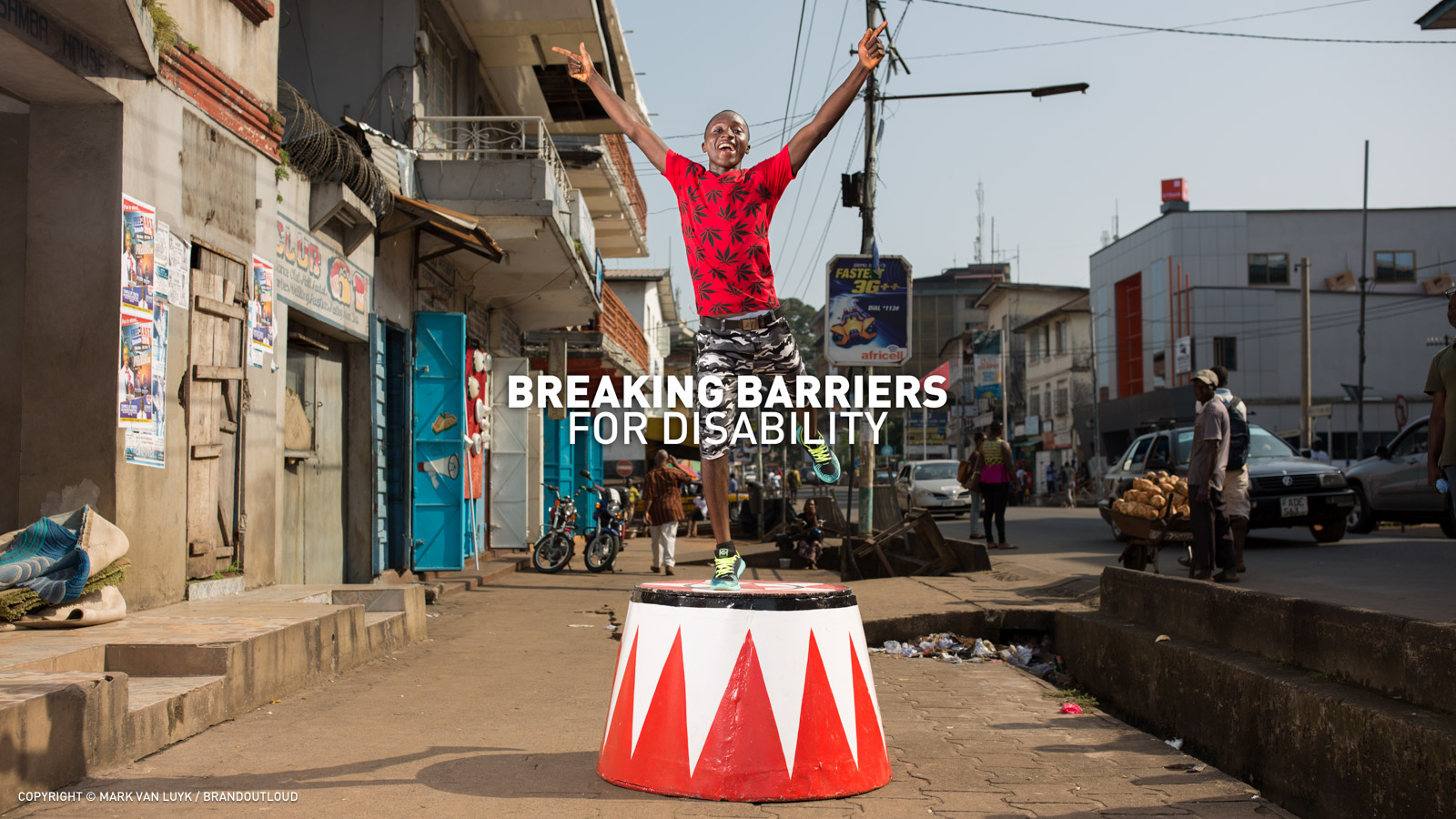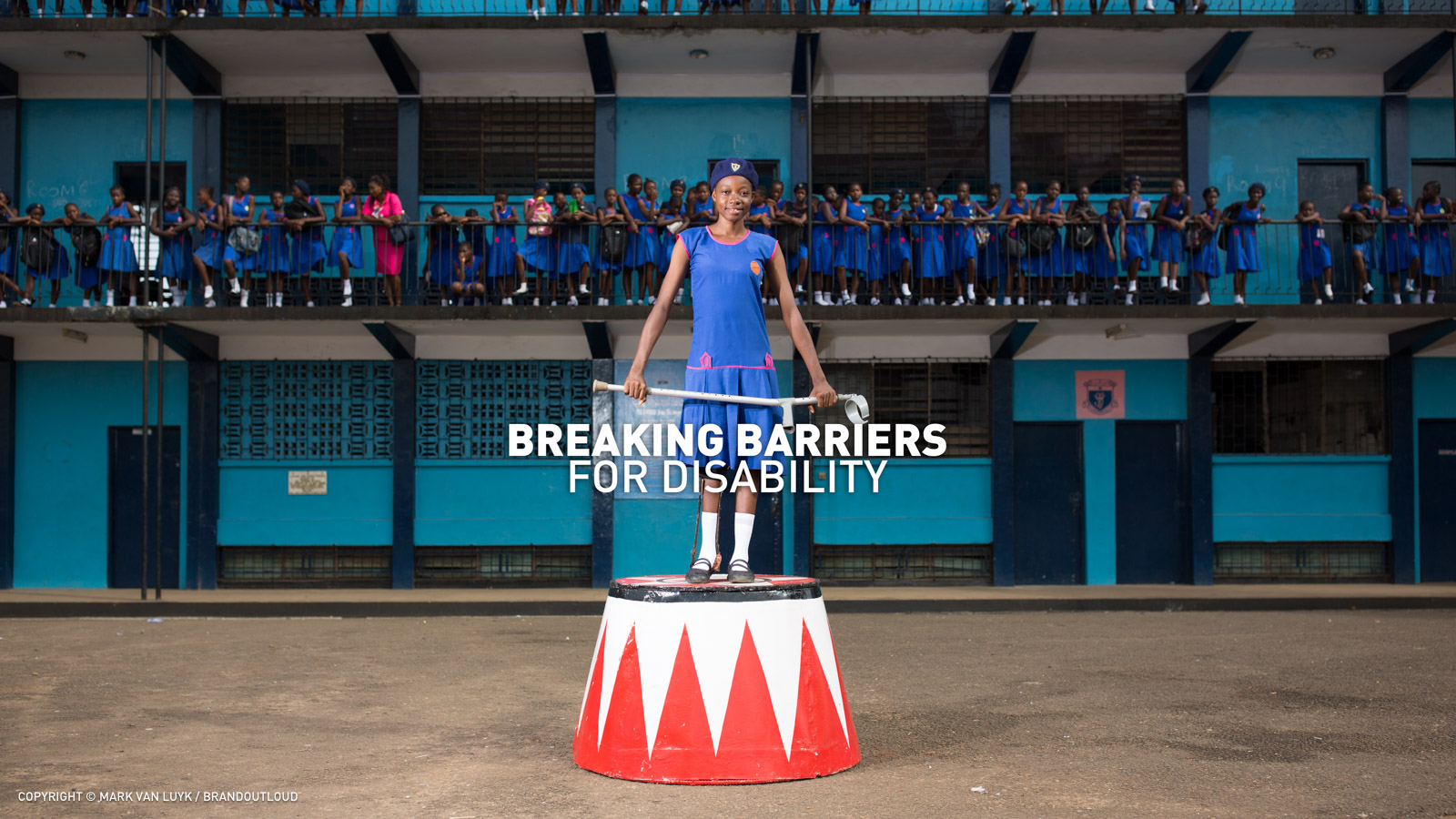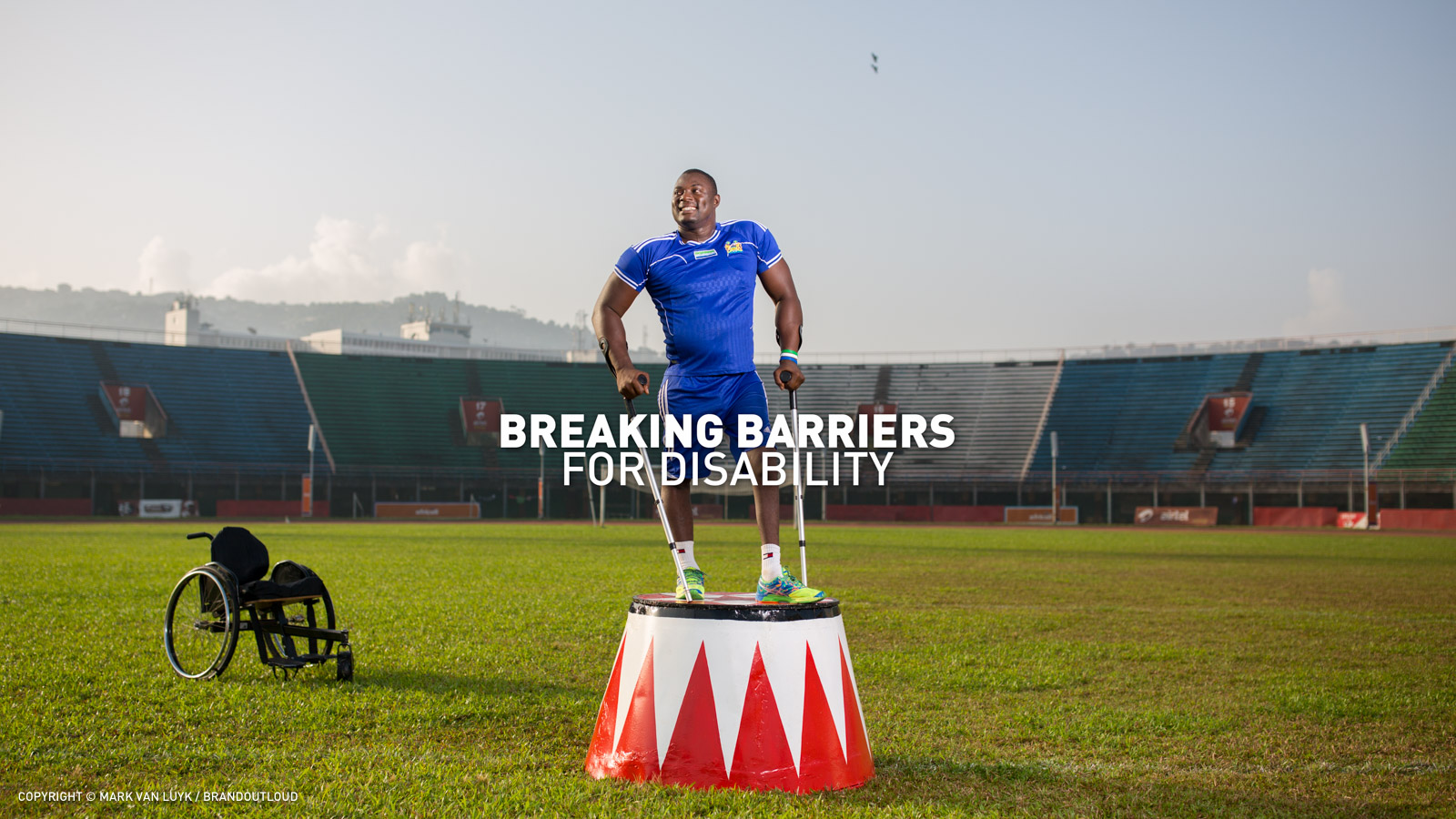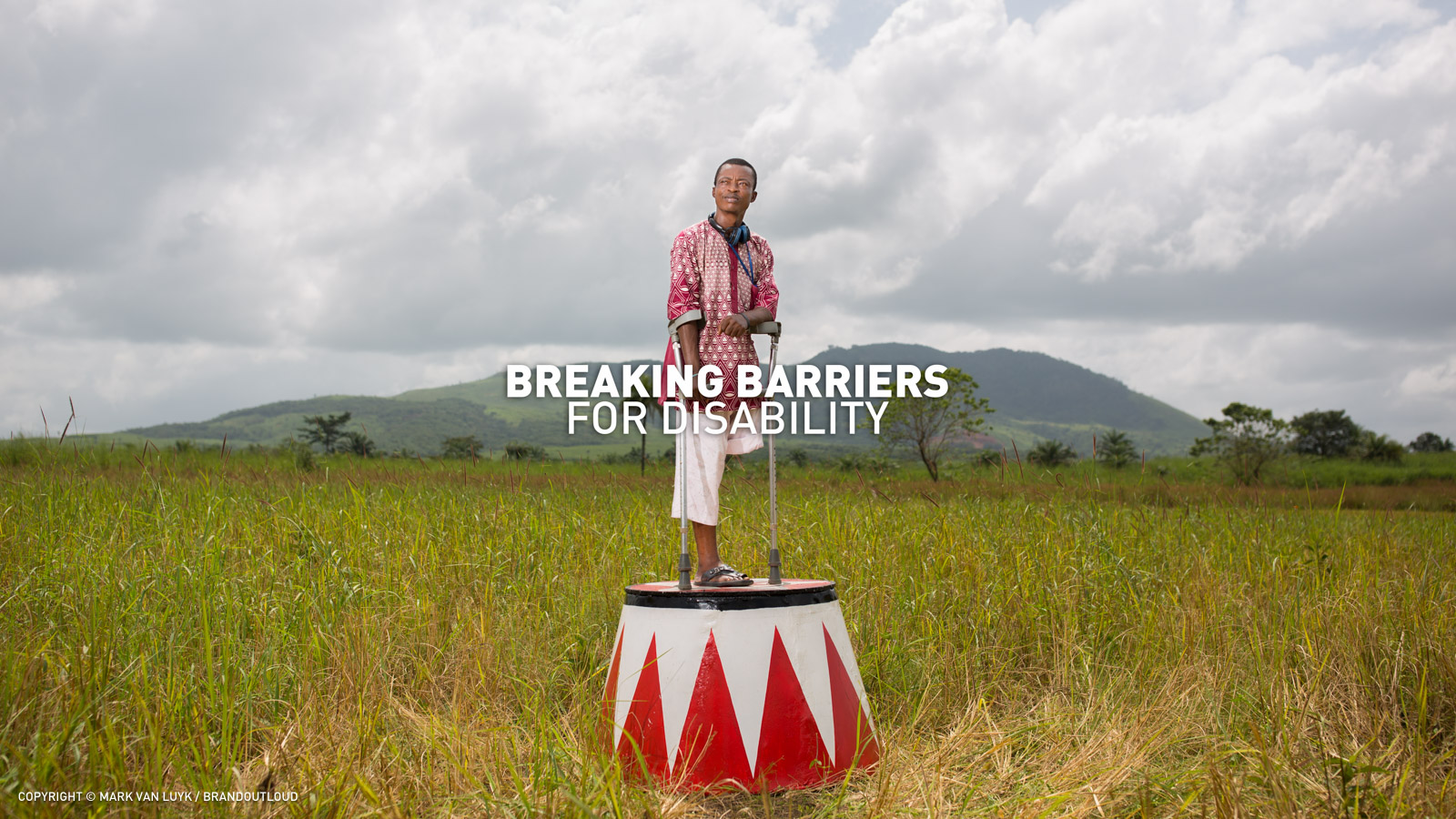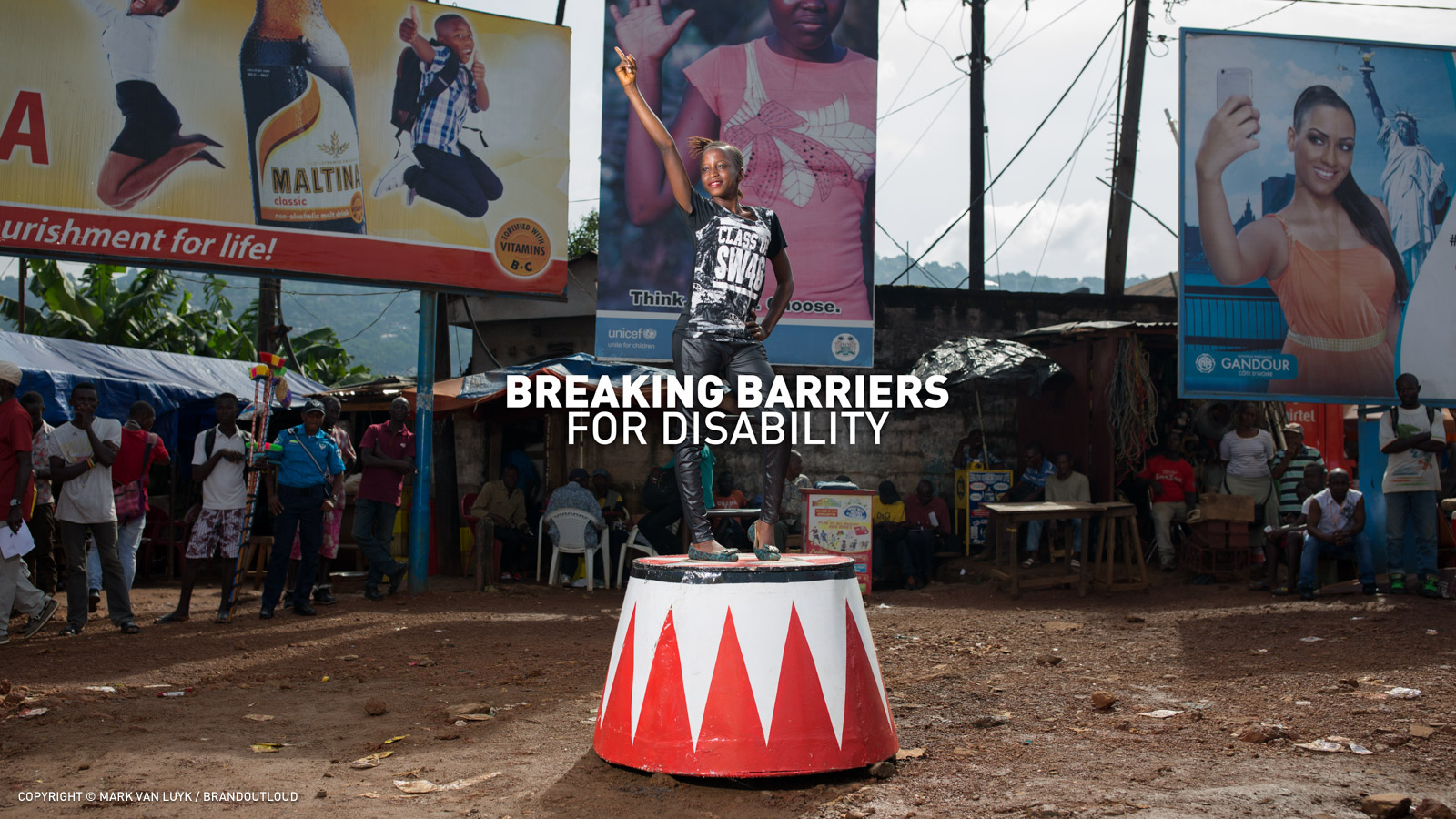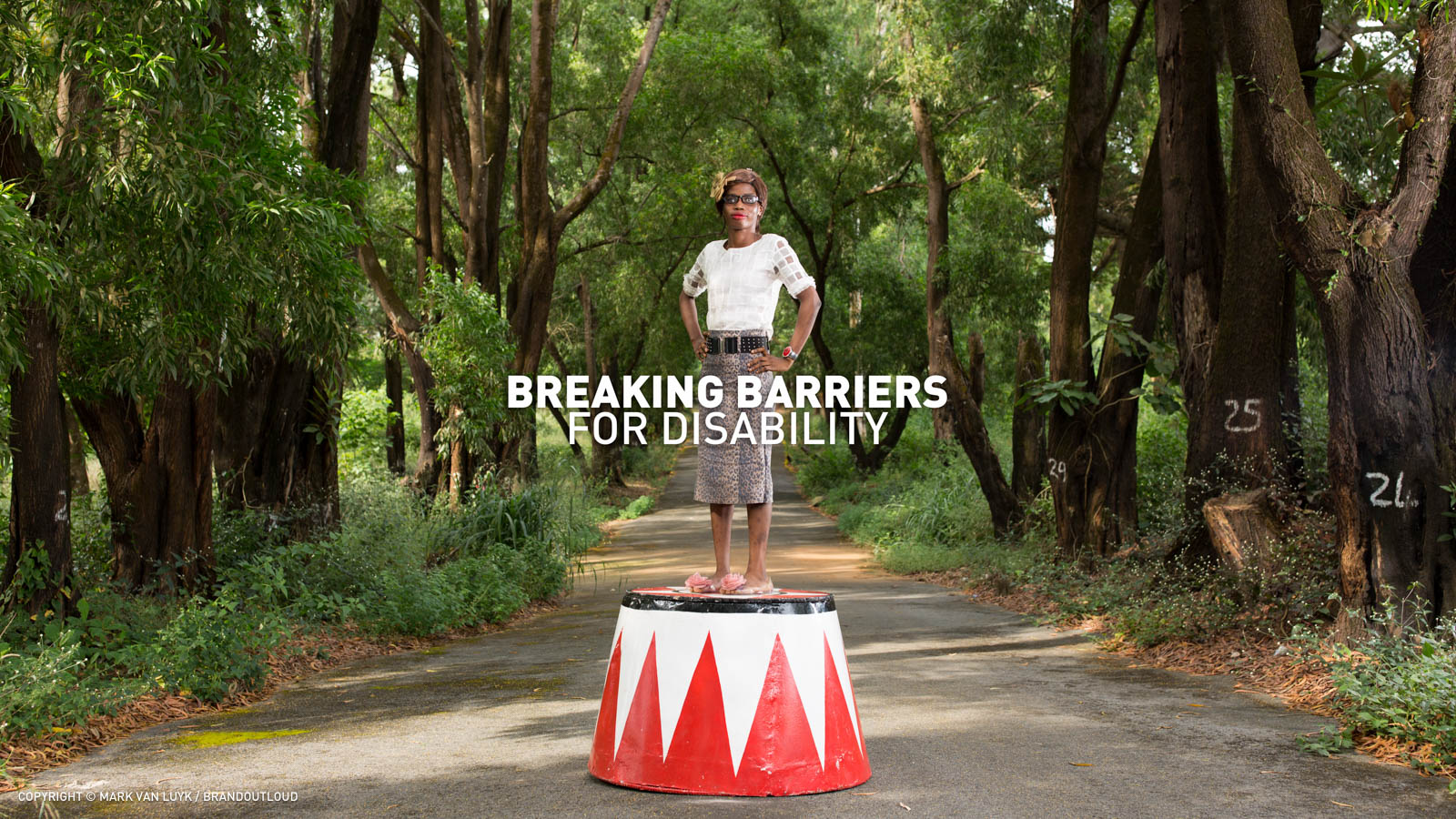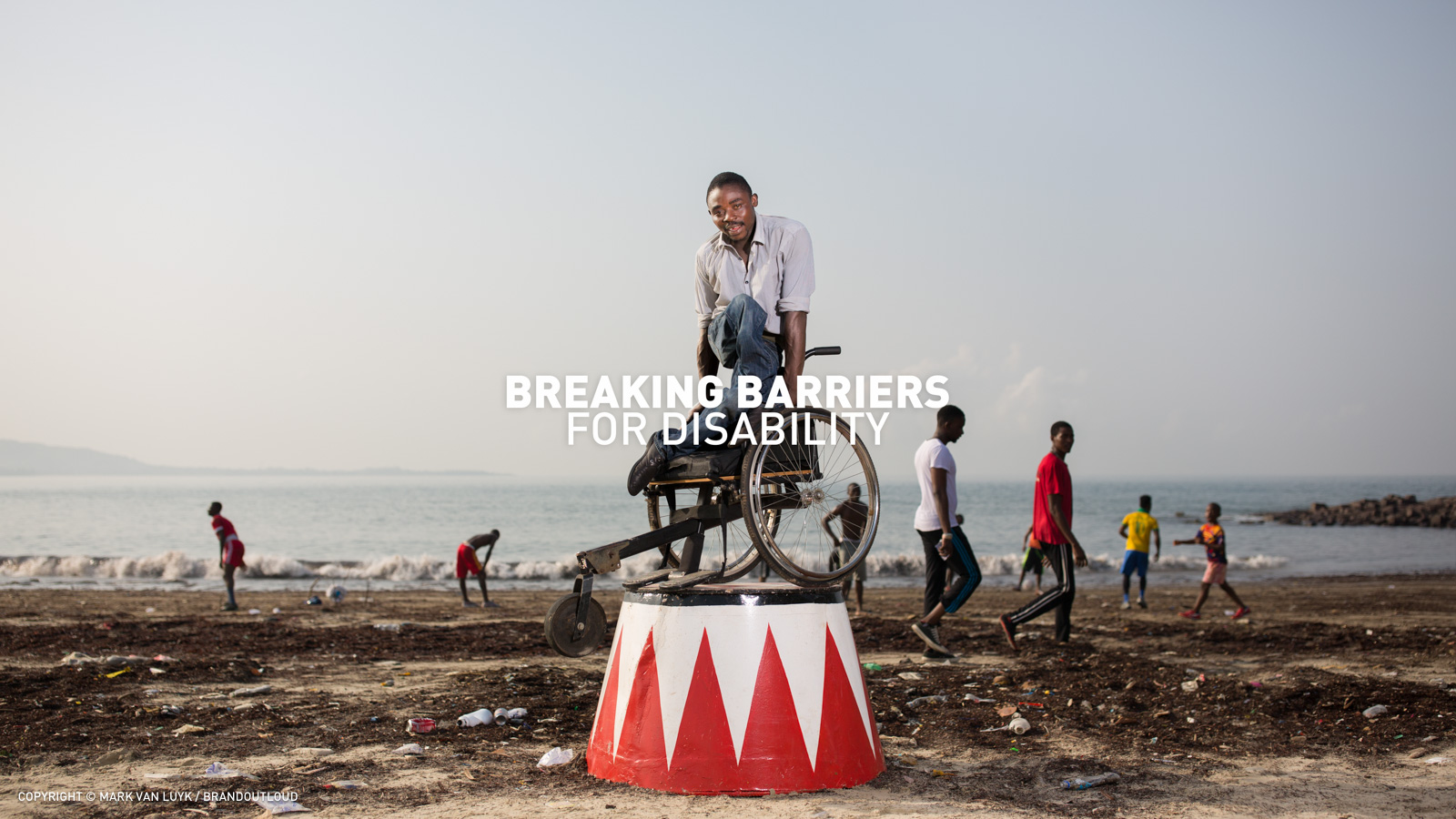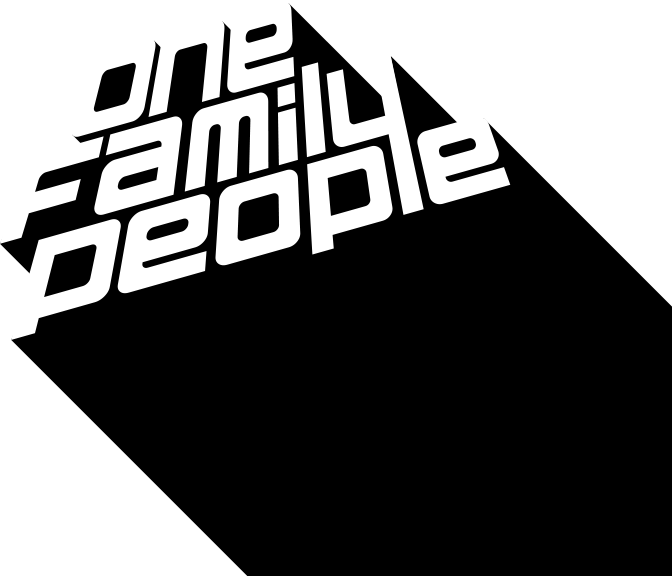Sharing best practices with Cross-Districts Exchange
29 November 2019
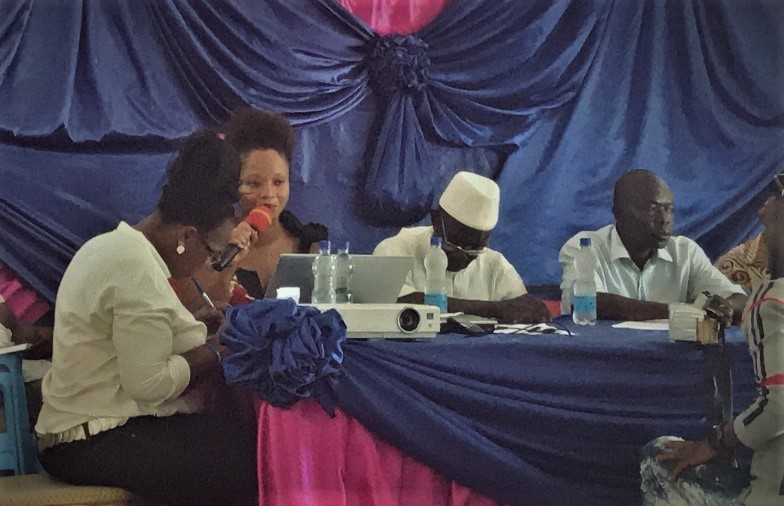
Held in November 2019 in Kambia, the cross-district exchange served as an opportunity for representatives of POs to meet, share knowledge and best practices and discuss how to track progress, improve program, support peer learning and achieve greater results in education, health, livelihood, social inclusion and empowerment of children with disabilities, families and communities.
In order to galvanize local support and ownership, the exchange program attracted community stakeholders such as the Council Deputy Chair and Chief Administrator, Paramount Chiefs, Ministries of Social Welfare, Education, Health and Agriculture, Civil Society representatives, POs, children and youngsters with disabilities and parents who also participated in technical discussions throughout the program after getting first-hand information of the impact POs have created in the lives of beneficiaries. During the session, POs were invited to share their experiences with implementation of the annual plan and CBID pilot. WESOFOD Kambia and KCS presented their experience with the implementation of the CBID pilot including successes and challenges. Notable among the successes was the establishing of a disability unit at the Kambia and Kono District Councils which is a pointer that the local government is open to include persons with disabilities in the development drive of the District, create enabling environments. Equally, they established District rehabilitation teams which have increased disability awareness among local authorities, enhanced services provision and construction of ramps in public places. It was clear from the presentations that the success of the CBID was largely due to the cooperation and support from local authorities.
DAAG (Disability Awarness and Action Group) and POPDA (Polio Persons Development Association), two of our DPOs (Disability Partner Organizations) also outlined the main difficulties encountered and progress made towards their annual plan such as the provision of learning materials and assistive devices to the children and construction of ramps in selected schools in Freetown and Makeni. Parent support groups were established which meet regularly to discuss ways of improving support for their children. At the end, four out of the five POs presented their activity plan for 2020. Technical discussions emerged during the exchange with respect to POs strengths, weaknesses and possible improvements in the short and longer term and the role and engagement of the DRT. The need for rehabilitation services and data on disability was frequently highlighted by POs and all pointed to the critical importance of using quantitative and qualitative data to enhance productive dialogue, and enable quality services provision.
The exchange program was a success as four POs who participated in the exchange had mutual benefit. They were able to learn from best practices which could be replicated in their various districts. Equally, POs in Freetown and Bombali had a fear idea of the CBID program and have also understood possible challenges which they can mitigate when the program is implemented in their regions.
